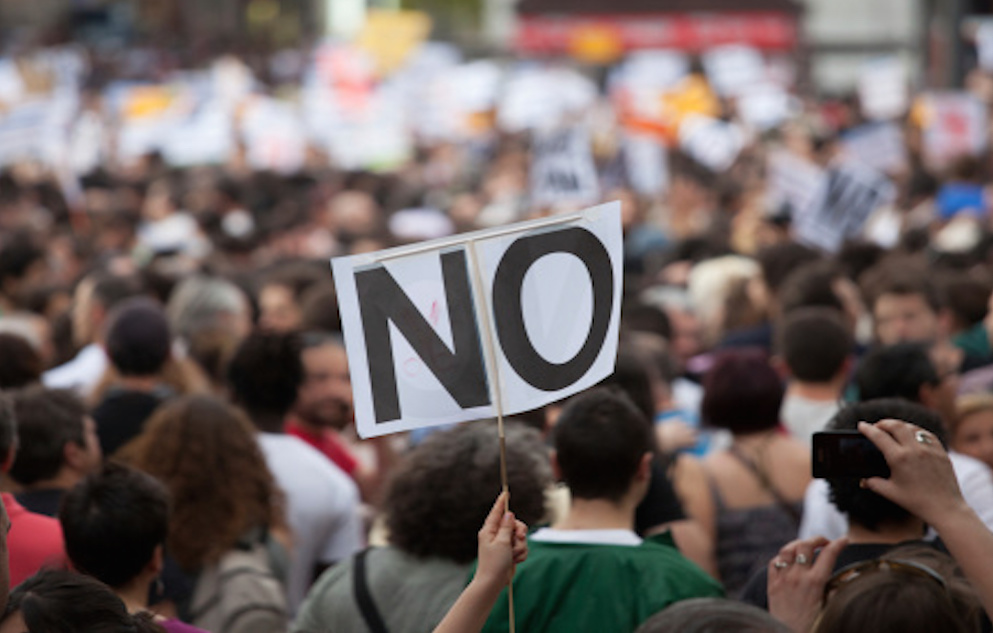Dr. Mary Schooling, professor at the CUNY Graduate School of Public Health and Health Policy and colleagues examined the longitudinal patterns and predictors of depression trajectories related to the 2014 occupy/umbrella movement in Hong Kong. The findings were published in the journal American Journal of Public Health.
 This study was conceived to examine the mental health impact of a social movement in Hong Kong. In 2014 there was a 79-day protest which included one fifth of the adult population, causing closure of major transportation arteries in the city center. It was called Occupy Central or Umbrella Movement.
This study was conceived to examine the mental health impact of a social movement in Hong Kong. In 2014 there was a 79-day protest which included one fifth of the adult population, causing closure of major transportation arteries in the city center. It was called Occupy Central or Umbrella Movement.
The research team drew their sample from a prospective population-representative cohort study, the FAMILY cohort study. They obtained the sample by stratified random sampling of households from Hong Kong. The team interviewed 1170 adults using the Patient Health Questionnaire-9 to assess depressive symptoms and probably major depression.
The team identified 4 trajectories: resistant (22.6 percent of sample), resilient (37.0 percent), mild depressive symptoms (32.5 percent), and persistent moderate depression (8.0 percent). Baseline predictors that appeared to protect against persistent moderate depression included higher household income, greater psychological resilience, more family harmony, higher family support, better self-rated health, and fewer depressive symptoms.
The research team concluded that depression trajectories after a major protest are comparable to those after major population events. Health care professionals should be aware of the mental health consequences during and after social movements, particularly among individuals lacking social support.




